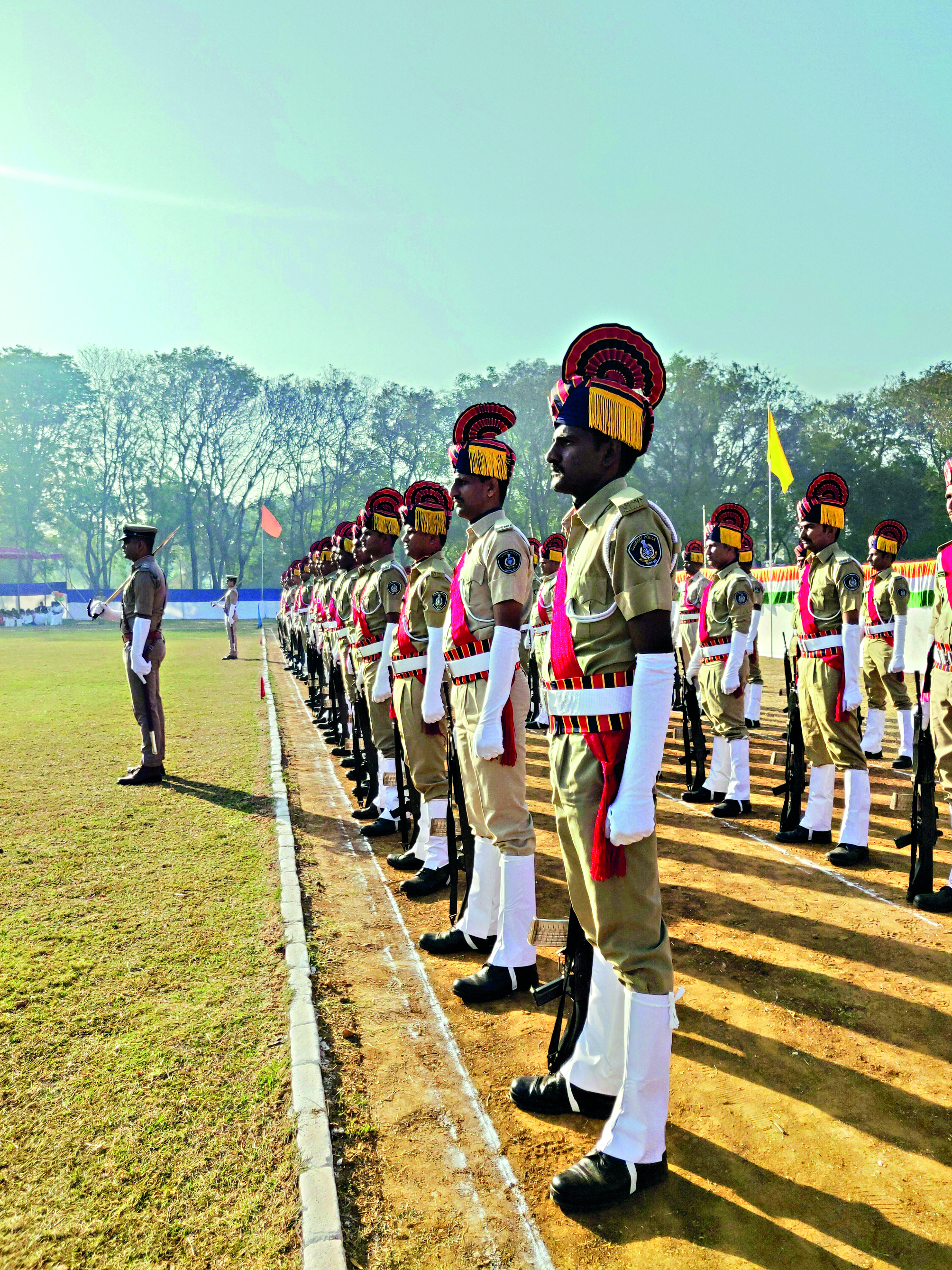Memoir of Power, Poise & Poetry
Retired IPS officer OP Singh has masterfully documented his sense of duty, devotion, and deep insights into a gripping memoir—Through My Eyes—of policing, politics, poetry, and spiritual encounters, etched across the pulse of India’s heartland and its powerful institutions

OP Singh, a retired IPS officer with a long and illustrious career, has held the most coveted charges as the Director General of Police (DGP) of the most populous and complex state of Uttar Pradesh (UP), Director General of the National Disaster Response Force (NDRF), and the most crucial security outfit, the Central Industrial Security Force (CISF). Very few IPS officers are so privileged to hold these key positions and do justice to these challenging assignments.
“Through My Eyes……” is the second book by OP Singh in a single calendar year, the first being “Crime, Grime and Gumption.” I was privileged to review the first one—perhaps the first to do so—and equally lucky to review the second one now, in the columns of the same newspaper. The book under review runs into 216 pages and is published by Prabhat Prakashan, costing a meagre ₹600. The book has multiple interesting and gripping anecdotes that can hardly be ignored. These include childhood recollections from the author’s native place Gaya (Bihar), policing in UP, interactions with politicians, redressal of complex cases, etc. Such a variety of medleys makes the book so absorbing that the reader wants to finish it in one go—say, while travelling by air from one place to another or taking an overnight train. It provides a very entertaining read. While dealing with the Chief Minister of Uttar Pradesh, Yogi Adityanath, who appointed OP Singh as the DGP of the state, the author recounts the generosity of the Chief Minister in offering the state helicopter to his DGP (the author) to visit him at his Lucknow residence for urgent official work, to save time. OP Singh alludes to such large-heartedness of the Chief Minister as being very considerate in getting connected to the DGP for matters of immediate state interest.
Randomly speaking, the description of a brutal killing in Almora against the backdrop of the majestic Himalayas—exterminating the entire family of one Mr. Amba Datt Khuble—has been graphically described by the author, making the book a riveting read. Likewise, the traces of the history of the UP Provincial Armed Constabulary (PAC), dating back to colonial times, are well brought out by the author and presented with historical perspective. It is authentic, based on historical facts, and very well researched, hence convincing. The chapters in the book on the author’s transfer to various districts and the challenging law and order and crime-related problems are woven with intricate details and, therefore, cannot be missed. As a cadre officer, it is easy to connect to these incidents, which maintain the rhythm of the book. Very importantly, author OP Singh mentions in detail the spiritual leader Deoraha Baba, who was thought to be an ageless yogi. As SP (City) in Prayagraj, also overseeing the Kumbh Mela in 1989, he met Deoraha Baba at his camp after some initial hesitation. His experience of meeting the spiritual saint evoked an aura of deep devotion. The author was surprised to find his name being announced by the Baba himself. This is extraordinary. The vivid description of his meeting with Baba is best left to the readers to read and feel for themselves the divine experience the author had.
The book is interspersed with very brilliant pieces of a few poems, which I presume are conceived and written by the author himself. They should be music to the ears of the readers if they listen to them with eyes closed, soaking them into their hearts and souls. All the 42 chapters carried in the book cannot possibly be dealt with in this review due to time and space constraints. Hence, they are being left to the readers to discover the depth and scholarship of the book themselves. This said, however, Chapter 31, touching upon the Police Officers’ Mess, strikes an emotional chord and this undoubtedly proves that the author, besides being a tough police officer, has a huge emotional connect with his temporary place of stay—this Police Officers’ Mess—and the natural surroundings that abound this place. On the whole, as a fellow cop, I strongly recommend the reading of this book not only by serving or retired police officers but also by scholars, historians, sociologists, nature lovers, and individuals with fine tastes. Well done, Shri OP Singh! Look forward to your third book sooner than later.
The writer is a former IPS officer, an avid book reader, who was also the National Security Adviser to the Prime Minister of Mauritius.
Views expressed are personal



